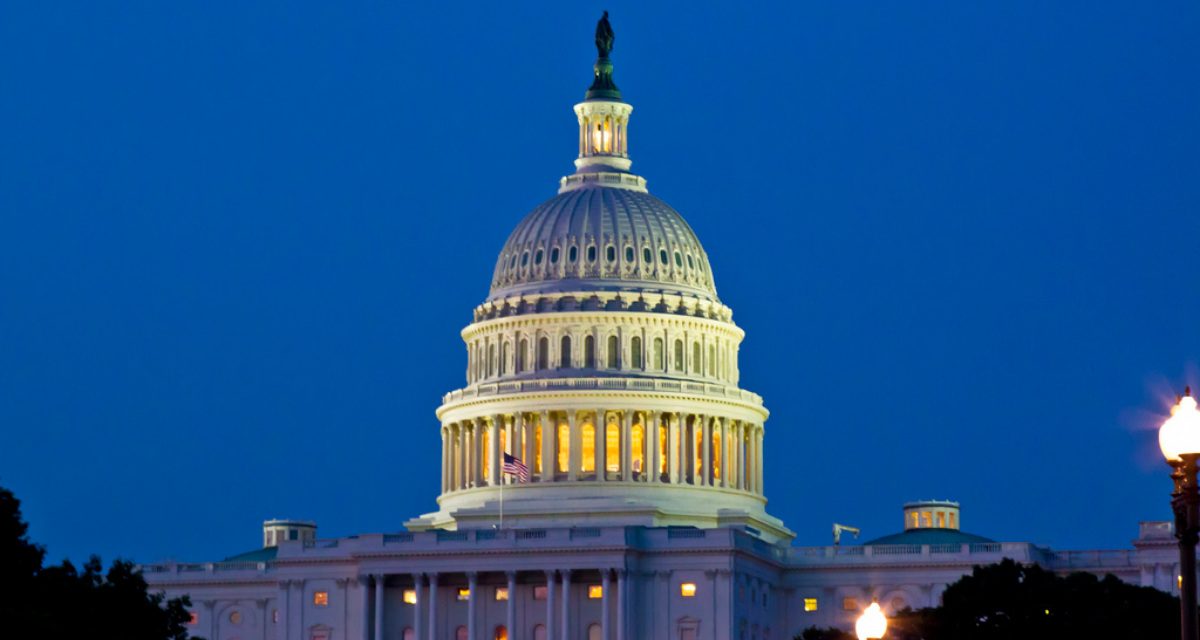Special Operations Forces (SOF) have played a critical role in US counterterrorism operations. But now, as policymakers’ focus shifts from counterterrorism to great power competition, the implications for SOF are unclear.
In this episode, our guests argue that SOF is uniquely suited to address irregular warfare challenges in the era of great power competition. However, limited understanding of these threats among policymakers in Washington, DC, budget constraints, and outdated authorities hinder SOF’s ability to evolve. According to our guests, civilian leadership and oversight can help overcome these challenges.
Senator Joni Ernst is a native of Red Oak, Iowa, and has dedicated her life to her state and country, having served in the military for over twenty-three years, and now serving in the United States Senate. In Washington, Joni serves on four Senate committees of major importance to Iowans: Armed Services; Agriculture, Nutrition and Forestry; Environment and Public Works; and Small Business and Entrepreneurship.
Owen West is a former assistant secretary of defense for special operations and low-intensity conflict. Previously, Mr. West has worked for Goldman Sachs as an energy trader and as a United States Marine Corps officer with two combat deployments to Iraq. He is the author of three books on military affairs, one of which won the Boyd literary award for best military novel.
The Irregular Warfare Podcast is a collaboration between the Modern War Institute and Princeton University’s Empirical Studies of Conflict Project. You can listen to the full episode below, and you can find it and subscribe on Apple Podcasts, Stitcher, Spotify, TuneIn, or your favorite podcast app. And be sure to follow the podcast on Twitter!
Image credit: KP Tripathi


From the introduction to our Podcast above:
"Special Operations Forces (SOF) have played a critical role in US counterterrorism operations. But now, as policymakers’ focus shifts from counterterrorism to great power competition, the implications for SOF are unclear.
… limited understanding of these threats among policymakers in Washington, DC, budget constraints, and outdated authorities hinder SOF’s ability to evolve."
With regard to these such statements, let me suggest that — in stark contrast —
a. It is rather easy to see exactly what our great power competitors seek to achieve today and how they seek to achieve it. This allowing that:
b. It is rather easy for policymakers in Washington, DC, etc., to (a) see and understand these such threats and to (b) readily provide guidance, resources, etc., to SOF (et al.) so that they might counter same.
In this regard, let me use the idea of a New/Reverse Cold War; this, as the foundation of my effort to prove this such assertion. This allowing us to picture a "war," thus, which finds our great power competitors today:
a. Seeking to "contain" the U.S./the West and "roll back" U.S./Western power, influence and control throughout the world (much as we did versus the Soviets/the communists in the Old Cold War). And our great power competitors today:
b. Looking to work significantly "by, with and through" the more-conservative elements of the world's populations (and especially those in the U.S./the West itself) in order to achieve these such objectives.
Explanation:
In the Old Cold War of yesterday, the Soviets/the communists sought to transform the states and societies of the world — to "modernize" and to "develop" them — this, so as to better meet Soviet/communist societies' wants, needs and desires. This, of course, caused the more-conservative elements of the world's populations (to include those in the communist states themselves) to become our "natural allies;" this, in our effort to prevent such "modernizations" and "developments" from being realized.
In the New/Reverse Cold War of today, however, it has been the U.S./the West who has sought to transform the states and societies of the world — to "modernize" and to "develop" them — in our case, so as to better meet U.S./Western societies' wants, needs and desires. To our great consternation, OUR such "transformative" efforts, also, have been opposed by the conservative elements of the world's populations — to include those here at home in the U.S./the West. Recognizing this, our great power opponents now seek to use the world's conservative elements (and especially those in the U.S./the West!) as THEIR "natural allies;" this, in their effort to "containment" and "roll back" the U.S./the West.
Bottom Line Thought — Based on the Above:
The "mantra" today — in China, Russia and other authoritarian regimes — is "traditional values." (Which, of course, is the "kryptonite" of those seeking to "modernize" and/or "develop" one's own country or that of another people.)
So:
a. If SOF is to be deployed so as to meet the challenge that I have identified above
b. Undertaken by our great power competitors today in their effort to "contain" and "roll back" U.S./West
Then, I suggest, SOF (and, indeed, all elements of U.S./Western power?) must be made to focus its/their efforts (for SOF, foreign internal defense and unconventional warfare?) — in such a way — as to:
1. Overcome our great power opponents' use of the more-backward/the more-conservative/the more-"no change" elements of the world's population (to include those in the U.S./the West) against us. And to:
2. Use the more-forward-thinking, the more-liberal/the more-"pro change" elements of the world's populations (to include those in the U.S./the West) against them.